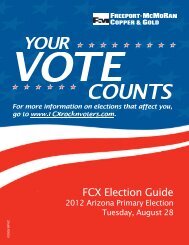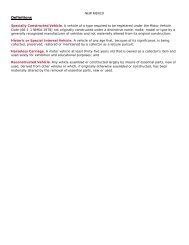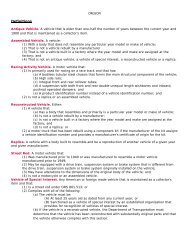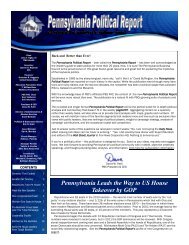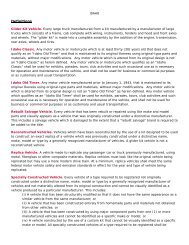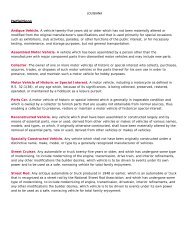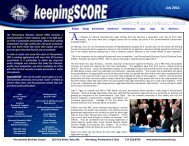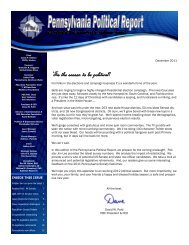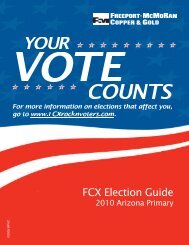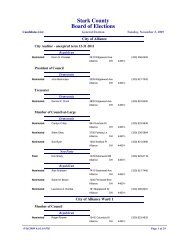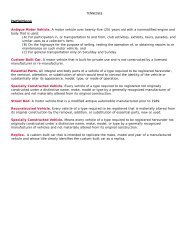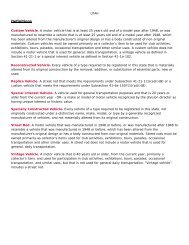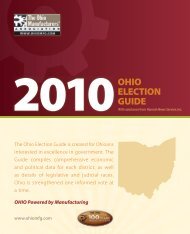keepingSCORE January 2012 - BIPAC
keepingSCORE January 2012 - BIPAC
keepingSCORE January 2012 - BIPAC
You also want an ePaper? Increase the reach of your titles
YUMPU automatically turns print PDFs into web optimized ePapers that Google loves.
Budget Energy Environment Health Care Infrastructure Labor Legal Tax Workforce<br />
DEFINING SUCCESS<br />
Adopt basic health plans.<br />
Allow association health plans.<br />
Oppose health care mandates.<br />
Promote Health Savings Accounts.<br />
Balance access to innovative therapy with cost-effectiveness.<br />
Require fair health care provider contracting.<br />
Adopt quality measures.<br />
Expand health information technology.<br />
Utilize best practices.<br />
Enact malpractice reform.<br />
Retire the MCARE Fund.<br />
Increase physicians in underserved areas.<br />
Encourage careers in science.<br />
In November of 2011, Governor Tom Corbett announced that the Commonwealth was moving ahead with<br />
the implementation of a key provision of the Patient Protection and Affordable Care Act, the creation of a<br />
state-run insurance exchange. An insurance exchange is an on-line method of shopping for healthcare<br />
insurance intended to make it easier for the millions of people who get coverage individually or who are<br />
covered by small businesses. One advocate who testified in favor of the state-run exchange characterized<br />
health exchanges as ―an Expedia-type of computer function where you would go to shop for health care<br />
from a large variety of providers and then purchase coverage that best fits the needs and budget of the<br />
individual consumer.‖ In addition to being a one-stop shopping spot for health insurance, the exchanges<br />
are the only place where many of the newly eligible health care consumers will be able to apply for the tax<br />
credits that are intended to make the coverage affordable. The existence of an exchange in Pennsylvania<br />
was never in doubt. The Affordable Care Act requires the creation of exchanges in all 50 states but give the<br />
states a choice of either running their own exchange or a Federally-run exchange. After receiving input from<br />
stakeholders at three separate public hearings around the state, it was clear that the preferred choice was<br />
a state-run exchange. Governor Corbett also prefers the state-run exchange over a Federally-run exchange.<br />
Under the federal health care law, states are required to have their exchanges up and operating by <strong>January</strong><br />
1, 2014 or else opt into the Federal exchange. The State Insurance Department is currently working on<br />
a multi-million dollar Federal grant proposal to plan how the exchange would work. The entire process of<br />
establishing a health care exchange is proceeding under the shadow of the United States Supreme Court<br />
agreeing to hear a case challenging the constitutionality of the Patient Protection and Affordable Care Act.<br />
Earlier in December, the Court agreed to hear a challenge brought by the attorneys general for 26 states,<br />
including Pennsylvania.<br />
GETTING IN THE GAME<br />
Click here to download and review an extensive (247 pages)<br />
report on health exchange planning compiled for the Commonwealth<br />
by KPMG.<br />
Pennsylvania Business Council 116 Pine Street, Suite 201 Harrisburg, Pennsylvania 17101 717-232-8700 www.pabusinesscouncil.org




